
Health Lab
Black patients are less likely than white patients to receive certain medical tests that doctors use to diagnose severe disease, impacting artificial intelligence data. But researchers have found a way to correct the bias in these data sets.

Health Lab
After a man suffered a stroke at a University of Michigan football game, his wife’s recognition of his symptoms helped him receive lifesaving treatment and make a full recovery.

Health Lab
Bystander CPR saves a first year college student who collapsed from sudden cardiac arrest while running during his first week of school.

Health Lab
Research found that it took approximately 28 minutes longer for a Black patient to be brought in for emergency care after displaying symptoms of a stroke.

Health Lab
A young girl works with physical therapists and other specialists in two unique clinics to regain strength again after a rare brain hemorrhage.

Health Lab
A study published by researchers at the University of Michigan reveals that implementing this screening tool can help identify and support youth with firearm violence history.
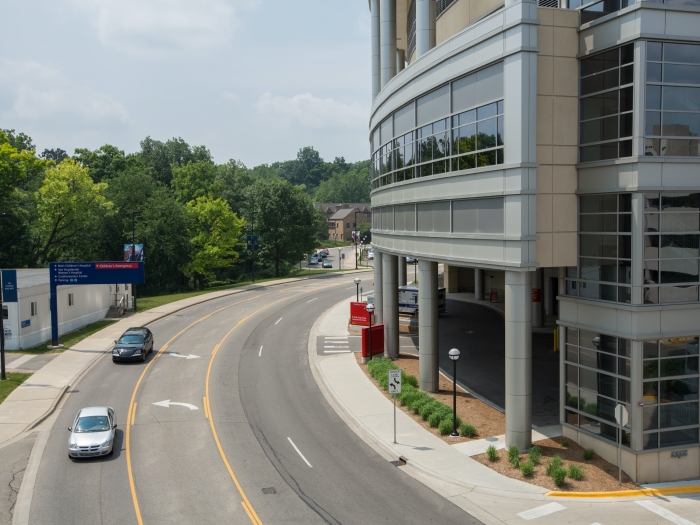
News Release
University of Michigan Health C.S. Mott Children’s Hospital plans to build a $5.4 million emergency services fast track clinic to treat children, teens and young adults with lower acuity conditions.

Health Lab
Michigan has a set of new laws related to firearms, all designed to reduce the risk of injury and death across the state.

Health Lab
Data on the race and ethnicity of patients underpins efforts to reduce health care disparities, but a study shows inconsistent recording in emergency departments
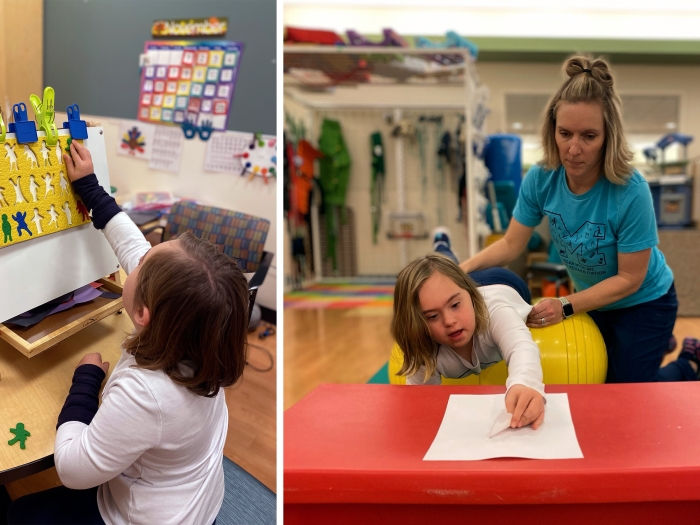
Health Lab
The University of Michigan Health Milestones Pediatric Neuro Rehabilitation Program specializes in evaluating and treating children with an acute neurological diagnosis from an injury or illness.
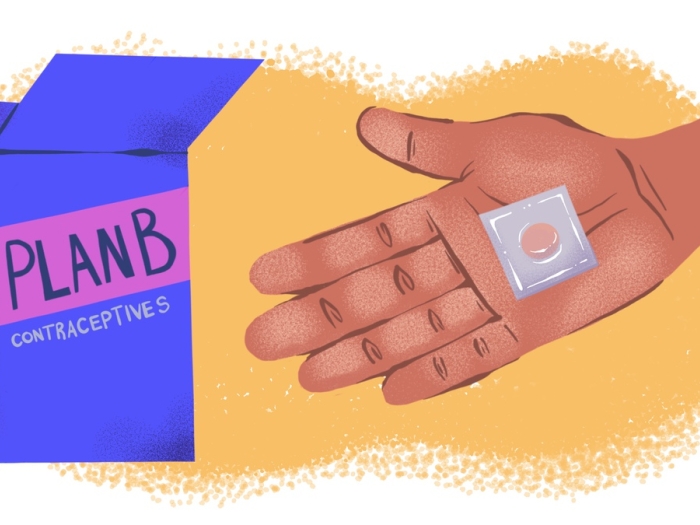
Health Lab
After federal approval for over the counter emergency contraception in 2006, emergency departments across the U.S. saw dramatic decreases in related visits.
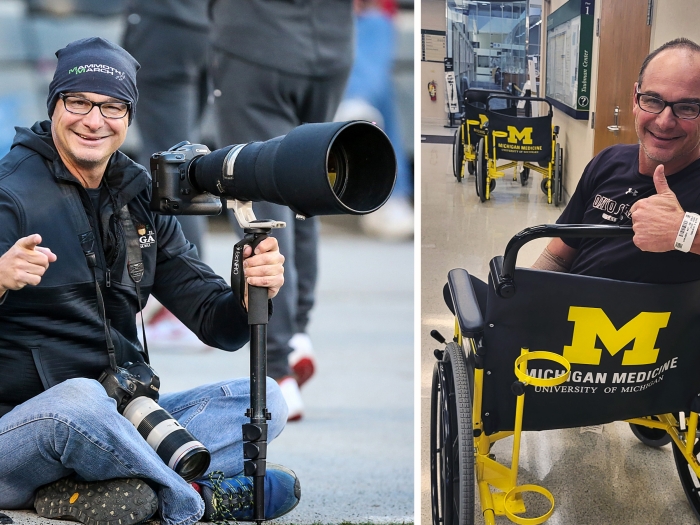
Health Lab
An Ohio-based sports photographer is recovering safely at home — and feeling somewhat victorious, despite the Buckeye loss — after having a heart attack at the conclusion of the Michigan-Ohio game.
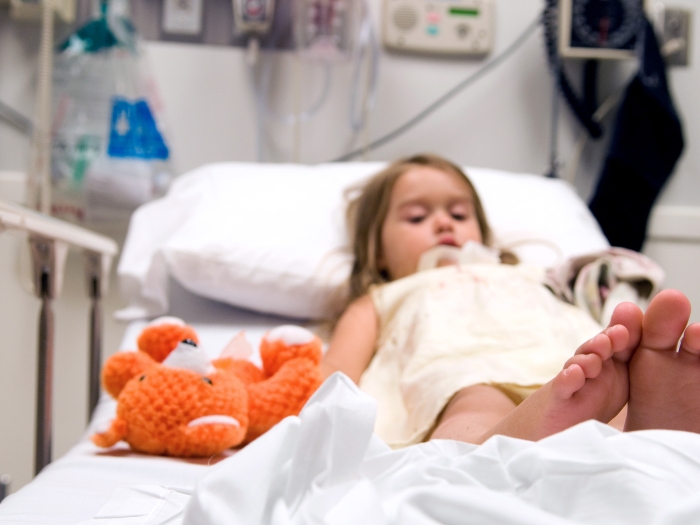
Health Lab
Focusing on the ‘tripledemic’ of RSV, flu and COVID-19 infections that occurred last year, their results underscore the importance of all types of hospital emergency departments being prepared to care for sick children, especially when health systems become strained.
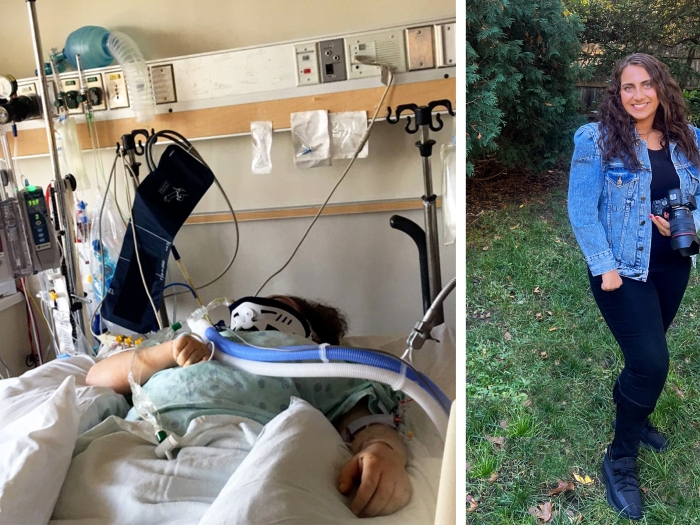
Health Lab
A car accident at age 20 left Sahar Mashhour in the intensive care unit for three months. Almost six years later, Mashhour is still pursuing her passions proving that her disability doesn’t limit her ability, but instead helps her see life through a different lens.
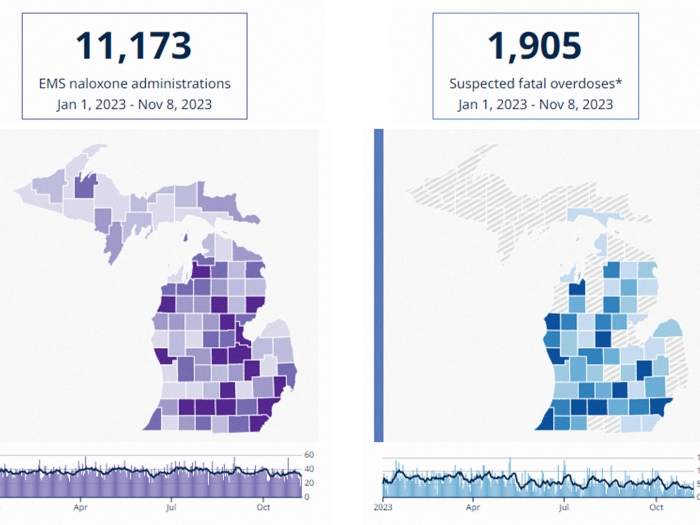
Health Lab
To improve coordinated community response to opioid overdoses, University of Michigan researchers are placing near-real time data in the hands of public health and safety officers. The Michigan System for Opioid Overdose Surveillance, was created in 2016 in response to the opioid crisis through a partnership between the University of Michigan Injury Prevention Center and the Michigan High Intensity Drug Trafficking Areas.